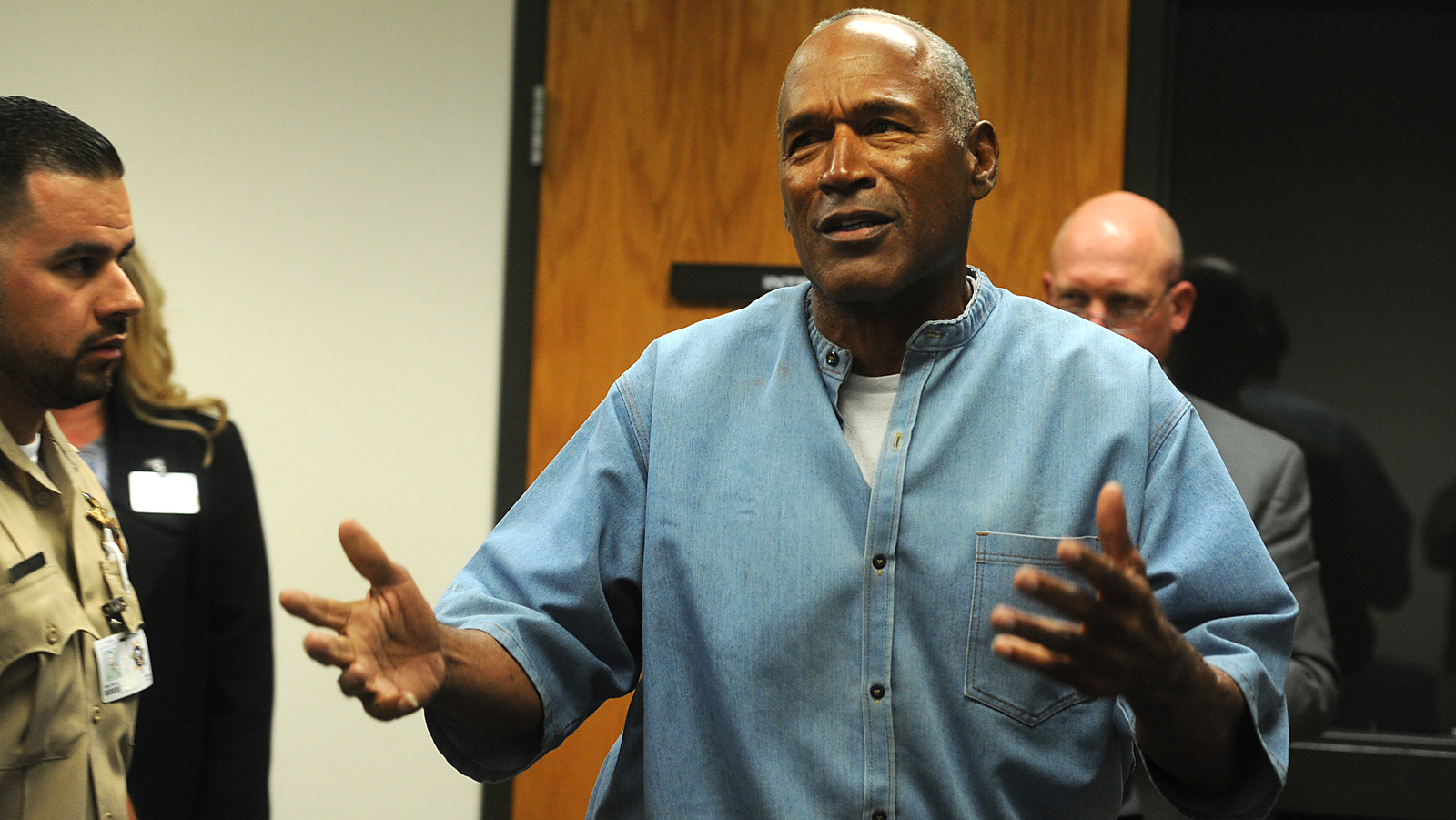
The fate of O.J. Simpson’s estate hinges on the executor, as litigator Arash Sadat exclusively briefed Nicki Swift. Should the Goldman family decide to pursue their unpaid civil judgment, they would need to initiate the process by filing “a petition in probate court or a notice of creditor claim.” As he explained, “The Goldman family would inform the court that they have a civil judgment that hasn’t been paid yet and it needs to be satisfied by the estate before any estate assets can go to O.J.’s heirs or beneficiaries.”
The executor has the authority to either accept or reject such declarations. If accepted, the estate must pay; however, a rejection allows them to escalate the issue. “The Goldmans can file an enforcement action to obtain a court order to satisfy the judgment and get the amount that’s owed to them,” Sadat clarified. Then again, “If the Goldmans’ claim exceeds the value of the estate, they (and any other creditors) would get it all,” leaving nothing for Simpson’s five children. “Creditors get paid before heirs,” he confirmed.
What’s more, if it’s discovered that Simpson attempted to dodge paying his dues by transferring ownership of his properties to his kids or any other parties, the Goldmans could challenge this too. “If O.J.’s kids did not pay fair value for the asset, then the Goldman family would be able to claim those are fraudulent transfers and say the real owner was O.J. all along and those assets should be included in the estate and paid to the Goldman family,” Sadat noted.



